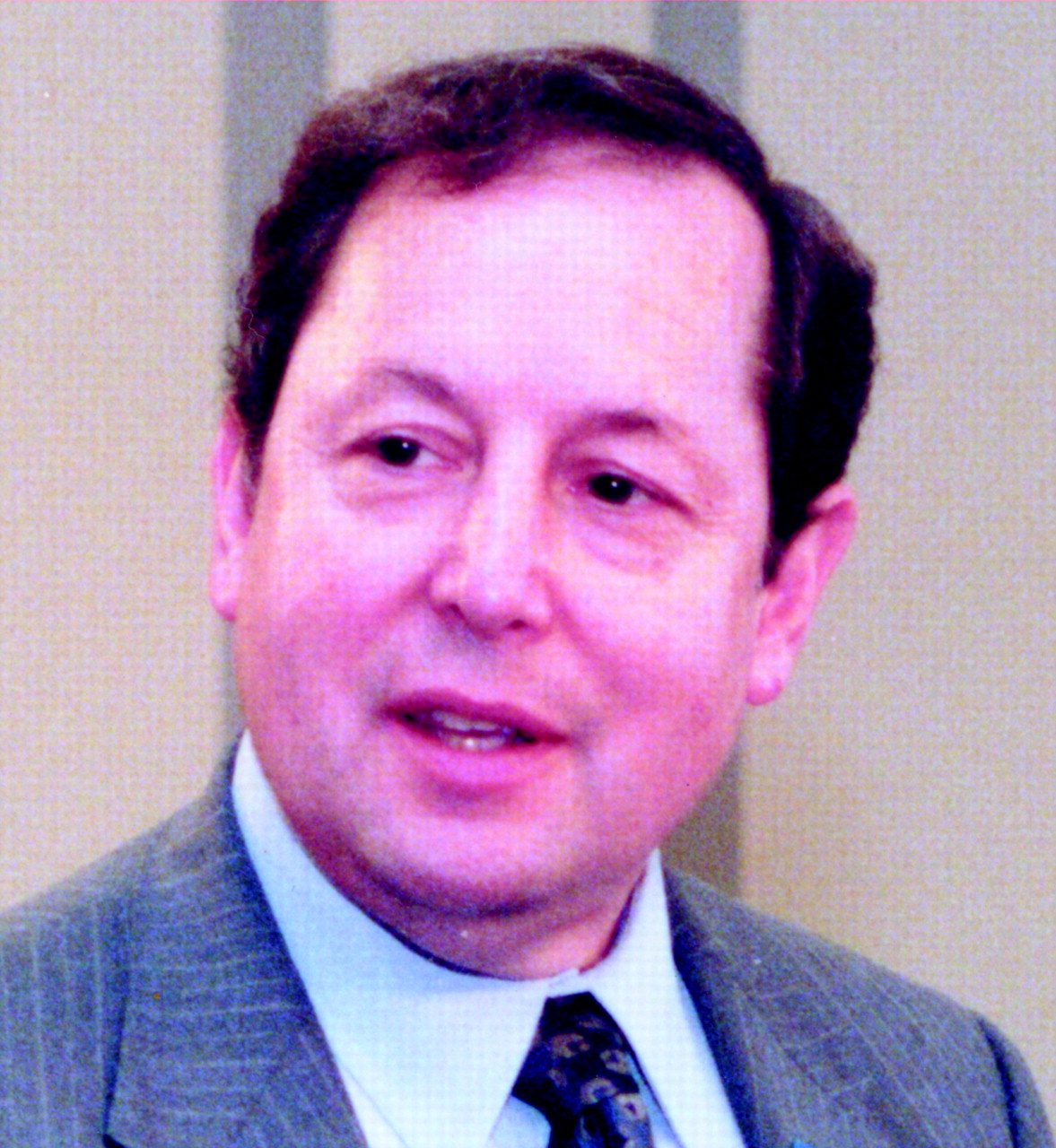There is no shortage of opportunities for psychiatrists to get involved in psychiatric research through APIRE, the research, education, and training component of APA.
According to APIRE Executive Director Darrel Regier, M.D., M.P.H., the opportunity is one of a kind. “We do not conduct just any type of research; we fill a particular niche by identifying areas that have generalizable importance to a national organization like APA,” he said. “National mental health policy issues such as the effect of parity in mental health insurance coverage on increasing access and quality of care is one such example. In addition, we are interested in research that informs us about ways to improve the validity of
DSM-IV diagnostic criteria, as well as ways to improve the utility of APA treatment guidelines.”
Along with directing the research programs at APIRE, Regier continues to serve as a consultant to the federal Office of Personnel Management. In that role, he provides expertise on the impact of the Federal Employees Health Benefits Program (FEHBP) on access to care in the Washington, D.C., area. In addition, Regier recently testified on behalf of APA before the Senate Health, Education, Labor, and Pensions’ (HELP) Committee on new federal parity legislation, S 543.
With new board leadership and research staff (
see accompanying story), APIRE is in a prime position to move forward with several ongoing projects. Some of APIRE’s new projects and initiatives are described below.
• The 2001 National Survey of Psychiatric Practice: This survey will be sent next month to a random sample of 2,000 psychiatrists across the country. The study tracks trends in the psychiatric workforce and examines current policy and clinical issues by obtaining detailed information about psychiatric services provided in routine clinical practice settings. For instance, psychiatrists will be asked to report on some of the characteristics of their practice, such as work setting, certain aspects of their patient caseloads, and factors that might affect the provision of psychiatric care, such as administrative burden.
New questions on this year’s survey will examine the following topics: the shortage of psychiatrists and limited access to psychiatrists for new patients; clinicians’ comfort in treating opiate-dependent patients in office-based settings with opiate-agonist treatments; informed consent issues and how they affect communication with family members; and the time psychiatrists and their office staff spend in dealing with health plans, insurance companies, and managed care.
• FEHBP Parity Study: APIRE sent a baseline survey to psychiatrists in the Washington, D.C., area in December 2000 to assess psychiatric practice for federal employees before parity for this population went into effect in January 2001. APIRE has plans to send the survey again to the same group of psychiatrists to assess the changes in financial arrangements and management of benefits within the FEHBP. Factors studied range from access to treatment for FEHBP patients, continuity and coordination of care, quality and costs of care, provider satisfaction, and network participation.
APIRE also has a commitment to improving research training opportunities in psychiatry. For instance, the National Institutes of Health awarded APIRE a $445,000 grant last May to extend the Research Colloquium for Junior Investigators for an additional five years. The colloquium, which began in 1996, is held each year at APA’s annual meeting. The junior investigators, who range from third- and fourth-year residents to postresidency fellows and junior faculty, present research on three topics. To date, more than 270 residents, fellows, and junior faculty have participated in the daylong event.
In yet another endeavor to increase psychiatrists’ skill and involvement in research, APA will convene a meeting in early November in conjunction with the National Institute of Mental Health (NIMH) to discuss how to increase research training within psychiatry residency programs. Representatives from organizations such as the Residency Review Committee (RRC) of the Accreditation Council for Graduate Medical Education and residency training directors, along with leaders from APA and NIMH, will discuss this educational approach as a means of getting more psychiatrists involved in research.
In addition, APIRE is developing innovative educational approaches from the medical student level to the continuing medical education (CME) level for APA members.
James Thompson, M.D., director of APA’s Division of Education, Minority, and National Programs, heads the educational programs that have used funding through APIRE to support training for APA members. Examples include the Psychiatric Self-Assessment Review, CME programs, and a training program on treatment for patients affected by HIV/AIDS. ▪

